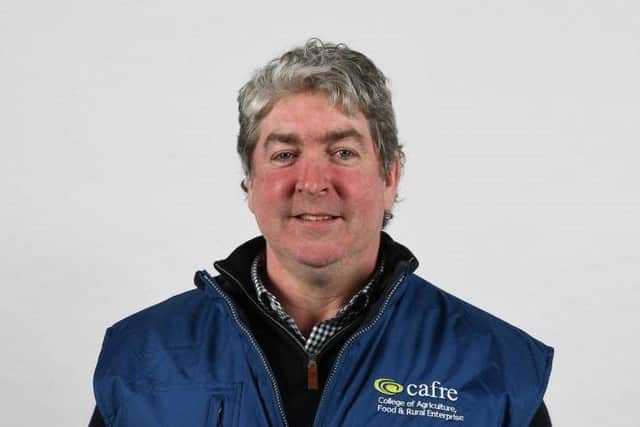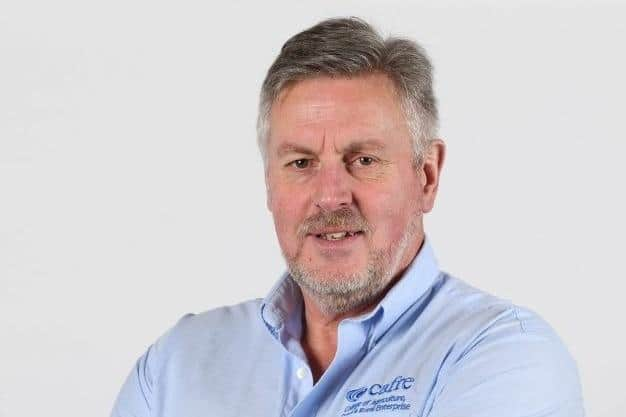Farmers think Climate Change is already having a local impact
and live on Freeview channel 276
As one farmer remarked: “When once in a generation weather events are happening every other year, then there’s clearly something up!”
The groups, one in the North-west and the other in the South-east of the province, were brought together by local CAFRE Dairying Advisers to help CAFRE identify the training needs of farmers regarding carbon and greenhouse gas (GHG) emisssions. The first event following on from this willl be a conference at Greenmount, The Carbon Challenge: Understanding Carbon on your farm, on Thursday 29 February.
Advertisement
Advertisement
The focus group farmers contributed to some very lively discussions on a range of issues around global warming, GHGs, carbon footprints, mitigating emissions and carbon sequestration. All involved recognised that the Carbon agenda is a global issue for everyone, but for farmers the challenge is massive – reducing emissions while continuing to feed an increasing global population and all the time remaining profitable and financially sustainable. The good thing is that local milk production is starting from a good place in global terms with a comparatively low carbon footprint for its dairy products. In addition many of the initial measures to reduce emissions will improve production efficiency and profitability.


Throughout the evening farmers raised several examples of misinformation circulated on social media and the internet. They concluded that more needs to be done to get the real facts and science up front and centre. It was gratifying that the local development advisers were regarded as a good source of reliable information in this respect. Better understanding is needed of the National GHG Inventory, Carbon benchmarking, accounting for methane, and the difference between emission intensity compared to gross emissions. On the positive side farmers were much more comfortable with the practical mitigation measures that can be implemented, for example, improving feed efficiency, taking more from slurry and manures, reducing fertiliser usage, changing breeding objectives, and improving animal health.
The topic of carbon sequestration was also covered at the end of the evening. Farmers understood the principle of capturing and storing carbon in trees hedges and soil organic matter. However, they were disappointed that the opportunity to profit from trading carbon credits was unlikely on a typical dairy farm. Financial support and reward may come through biodiversity measures and milk sustainability bonuses.
“The feedback, thoughts and ideas gained at these events will prove invaluable as CAFRE develops future knowledge and technology transfer events on the subject and seeks to improve Carbon awareness amongst farmers,” said Alan Agnew who lead the discussions along with Advisers Trevor Alcorn and Elizabeth Calvin at the NW event. “These farmers have repeatedly highlighted the need to improve farmer knowledge and the understanding of the topic before any real change can be expected on farms.”
Advertisement
Advertisement
“A big thanks to all the farmers who gave of their time to help us understand their training needs and preferred methods of communication and delivery,” said Conail Keown, who lead the meeting in Rathfriland, supported by local advisers Michael Verner and Anna Truesdale. “This will be a very important subject for years to come, and with real implications for farmers, so it is important we get it right.”


The “Carbon Challenge” conference is taking place on Thursday 29th February, from 10:00am – 3:30pm, at Greenmount Campus. Dairy farmers can book their place for this conference online at the CAFRE website (www.cafre.ac.uk/events). Tickets cost £15 to cover lunch and early booking is recommended as places are limited.